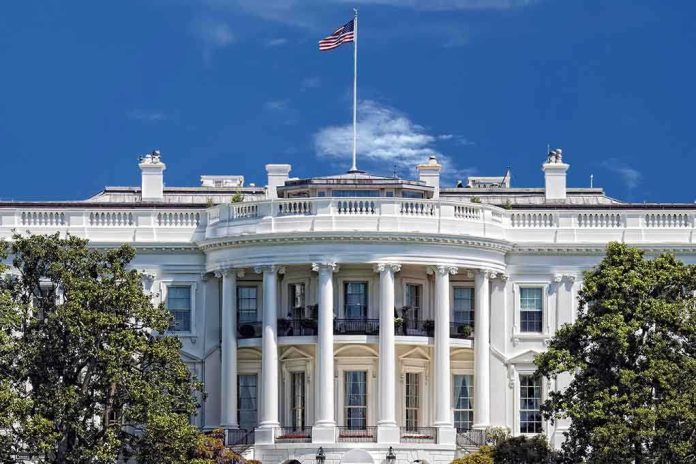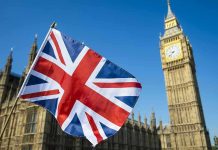
When the President of the United States convenes a roundtable to discuss Antifa—only to end up recasting Nazi-era protesters as villains and announcing “We got rid of freedom of speech”—the gravity of the moment is impossible to ignore.
Story Snapshot
- The White House Antifa roundtable became a platform for controversial historical revisionism.
- Protesters against Nazis in the Weimar Republic were depicted as antagonists.
- The President asserted the end of freedom of speech, alarming civil liberties advocates.
- Discussion exposed deep partisan divides on anti-fascist protest and free speech in America.
White House Hostility: A Roundtable with an Agenda
Donald Trump’s “Antifa roundtable” at the White House drew attention not for its policy solutions but for its dramatic reframing of historical narratives. Attendees found themselves listening to arguments that painted those who protested against Nazis in Germany’s Weimar Republic as the villains, an inversion that stunned observers. The meeting’s tone was not one of reconciliation but of confrontation, with the President leveraging the platform to amplify concerns about anti-fascist activism and its place in American society.
Participants and viewers alike noted how the President’s rhetoric shifted the conversation away from the complexities of modern protest movements. Instead of parsing the motivations and tactics of groups like Antifa, the discussion veered into a partisan critique of left-wing activism. By referencing historical events, the administration seemed intent on drawing an equivalence between the anti-Nazi resistance and present-day protest groups, a move that many found historically and morally questionable.
Historical Revisionism and Its Impact
At the heart of the roundtable was a bold attempt to recast history. Reports describe moments when the president and some speakers suggested that anti-Nazi protesters were culpable for societal unrest, an assertion that runs counter to widely accepted historical accounts. Such a stance, analysts argue, not only distorts the legacy of those who resisted fascism but also risks legitimizing extremist narratives. The session’s rhetoric left historians, journalists, and civil rights advocates questioning the administration’s understanding of America’s founding principles and the lessons of twentieth-century Europe.
Trump's mouth starts drooping as he struggles to stay awake during this antifa roundtable pic.twitter.com/mw9cVsVSHz
— Aaron Rupar (@atrupar) October 8, 2025
Observers point out that this narrative inversion serves a broader political strategy—shifting blame for unrest from far-right agitators to progressive activists. By reframing the story, the administration appeals to its base’s anxieties about disorder while deflecting criticism of its own handling of political extremism. Conservative commentators warned that such revisionism could have lasting effects on public discourse, influencing how future generations interpret both historical and current events.
Freedom of Speech Under Fire
The roundtable reached its most shocking moment when President Trump declared, “We got rid of freedom of speech.” Civil liberties groups immediately denounced the statement, arguing that it marked a dangerous escalation in the administration’s rhetoric. The assertion raised alarms about the future of dissent and debate in America, prompting renewed calls for vigilance among speech advocates.
For many, the President’s words confirmed fears that the White House’s hostility toward left-wing protest had entered a new phase. By framing free speech itself as expendable, the administration risked undermining one of the core values that distinguishes American democracy. Political analysts noted that such statements, when left unchallenged, can erode public trust in institutions and normalize the suppression of legitimate dissent. The roundtable thus became a flashpoint in the ongoing struggle over the boundaries of protest and the meaning of free expression in the United States.






